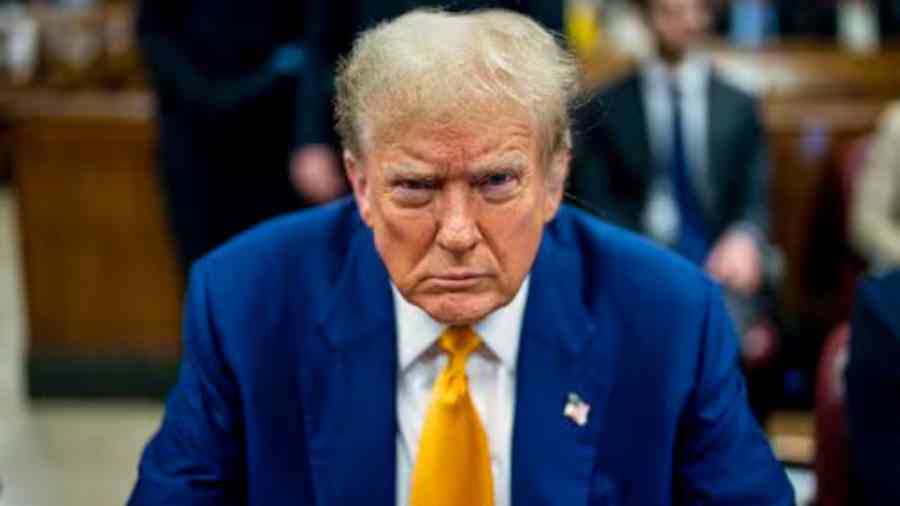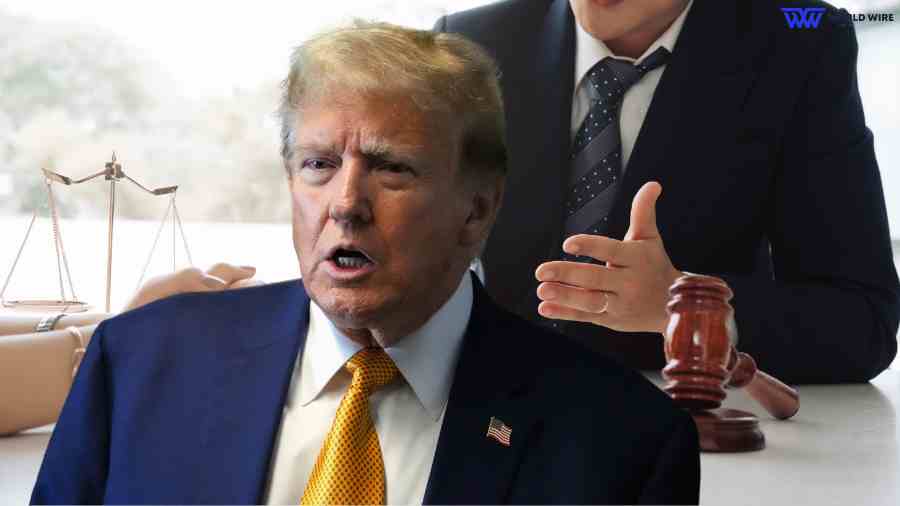Trump’s lawyers in Atlanta are expecting a scenario if the Supreme Court decides that he cannot be prosecuted for actions he took while serving as president.
This decision will then help them argue against him in Fulton County, claiming that many of the allegations charged against Trump in Fulton County, Georgia are related to his actions as president and should, therefore, be exempted from prosecution, according to this potential legal strategy.
However, it’s also possible that the Supreme Court decision might not affect the election interference case much.
During the Supreme Court arguments on April 25, Trump’s attorney admitted that some allegations against Donald Trump involve actions that were not carried out as part of his presidential duties, especially two of the 10 felony counts, which include organizing the slate of Republican electors and filing a federal lawsuit in Atlanta.
The decision is to be ruled by the end of June, and it is likely to affect the future presidents for the long term.
The three high court justices—Sonia Sotomayor, Elena Kagan, and Ketanji Brown Jackson—were found to be disinclined to protect a former president too much from being charged with crimes.
They seemed to be considering an approach to set a limit to ensure that presidents cannot be prosecuted for things they did as part of their official duties.
If this happens, Trump will be prosecuted for the acts he did for personal reasons, i.e., trying to interfere with election results and racketeering in Fulton County.
Atlanta criminal defense attorney Noah Pines said, “I’m thinking the Supreme Court will decide on the official act versus personal act test.”

“The government would have to allege that the acts in the indictment were non-official, personal acts”
He added. The president could then file an immunity challenge, in which he would have the burden of proving that the acts if committed, were official.”
Georgia State University law professor Anthony Michael Kreis noted Superior Court Judge Scott McAfee, who is presiding over the case, should describe Trump’s act that which were of his actions were part of his presidential duty and which are of them are personal acts.
He also stated that “There might be some tricky questions, but I think, by and large, that the key factual allegations of wrongdoing—encouraging the governor and former speaker of the House (David) Ralston to convene the General Assembly to overturn the election, engaging in harassment of poll workers, and brow-beating (Secretary of State) Brad Raffensperger—are easily outside the official duties of the president.”
He added, “I think Judge McAfee will have a relatively easy time administering that rule if that is, in fact, the rule the Supreme Court devises.”
Trump’s attorneys in Atlanta, Steve Sadow and Jennifer Little, have charged a motion challenging the charges against Trump in Georgia, citing the concept of presidential immunity, to which Fulton prosecutors said that they will respond after the two weeks of Supreme Court’s decision is issued.







Add Comment